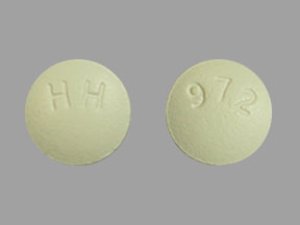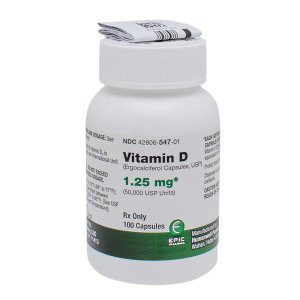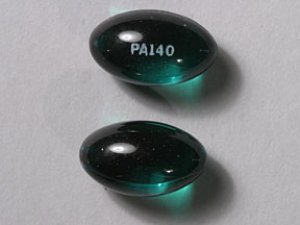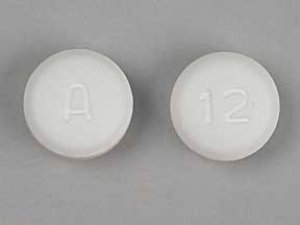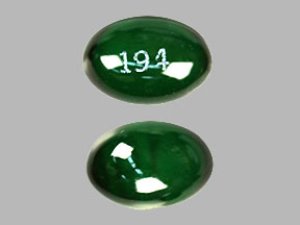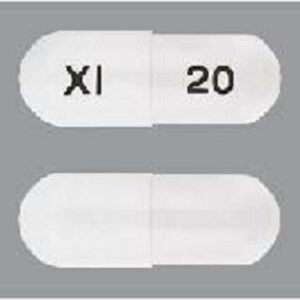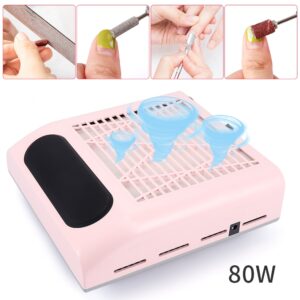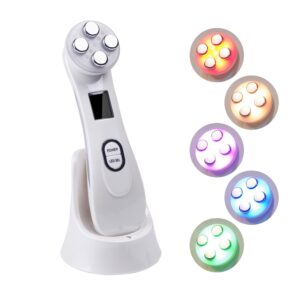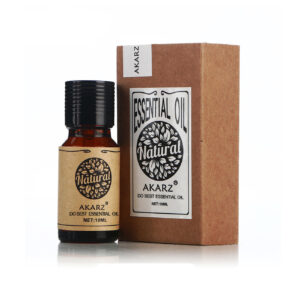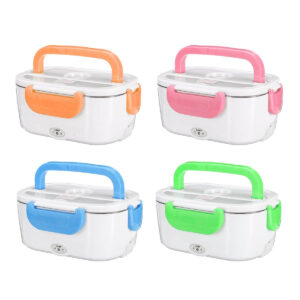As threats of cuts to Medicare, Medicaid and Social Security benefits loom large, more patients, both seniors and young persons, may purchase and rely on generic drugs rather than brand-name drugs for their treatment needs, agency leaders of the Food and Drug Administration’s Division of Drug Information say.
Seniors, young and middle-aged adults and youth may opt to turn to generic drugs for their affordability and accessibility, especially through over-the-counter purchases.
Such a trend would develop as the Trump administration and Republican lawmakers in both the House and Senate grow closer to reaching a budget compromise that would reduce Medicare, Medicaid and Social Security benefits and, by extension, prescription drug coverage.
Republicans in the House Budget Committee in June 2018 voted for a federal budget that would eliminate $537 billion from Medicare, $1.5 trillion from Medicaid and $2.6 trillion from nutritional assistance from the Supplemental Nutritional Assistance Program (SNAP), Social Security, housing, disability, welfare, public assistance and other programs.
Over ten years, the proposal would cut $763 billion from Medicaid, $236 billion from Medicare, $213 billion from SNAP or food stamps, $4 billion from Social Security, $72 billion from the Social Security Disability Income (SSDI), Supplemental Security Income (SSI) and unemployment insurance, and $41.2 billion from the U.S. Department of Housing & Urban Development (HUD).
The plan would repeal the Affordable Care Act, also known as ACA or Obamacare, which, under Medicare Part D, provides seniors under Medicare with a 50 percent discount on brand-name drugs covered by Part D, free preventive services such as annual wellness visits, mammograms or colonoscopies, doctor-coordinated medical team care, fraud prevention and program strengthening.
About eight out of every 10 prescriptions filled nationally are for generic drugs. This practice will increase as more popular drugs come off patent in upcoming years.
FDA, the federal agency that regulates food, medicines, cosmetics, medical devices and blood products, oversees the quality and performance of generic drugs as matching that of brand name drugs.
It is authorized to approve a generic drug based on its identity, strength, quality, purity and potency. Some variability takes place with some drugs during the manufacturing process and FDA is responsible for determining what is acceptable.
By federal law and agency rules, generic drugs must have the same active ingredients, strength, dosage and path of administration but not the same inactive ingredients as their brand name peers.
The makers of generic drugs must demonstrate that their products are the same or bioequivalent as their brand name counterparts. A patient taking the generic drug may have the amount of it in his or her bloodstream measured.
If the levels of the drug in his or her blood are the same as would be with a brand name, this indicates that the generic drug will work in the same manner.
Criteria for this may include generic manufacturing, packaging and testing sites meeting the same standards of quality as brand name products and the same exacting specifications.
With respect to pricing, there is a gap between generic and brand name medications. The cost of a generic drug averages 80 to 85 percent lower than its brand-name equivalent. Research finds that, in 2010, the use of generic drugs approved by the FDA spared $158 billion in costs, which averages out to $3 billion weekly.
However, lower prices does not translate into lower quality, agency leaders say. Generic drug makers are capable of selling their products more affordably because they are not charged with undergoing the expensive clinical trials of new medications and do not pay for advertising, marketing and promotion.
Additionally, several generic firms are frequently allowed to sell only one drug. This leads to greater competition among drug companies and, thus, lower prices.
The FDA is required to monitor what it refers to as all “adverse events” or the negative effects of all drugs, including generic drugs. Reports of these events detail a recognized reaction to one active ingredient in these drugs. The events are investigated and results in a recall and changes in how the product is used or made.
At Pill Pals, we offer the best prices on generics, via both Individual Memberships and Employer Sponsored Programs. Ditch the stress of having to worry about getting the best price, or which prescription drug card you should use. We GUARANTEE that our prices are either equal to or better than your prescription drug card.
SOURCE: Food and Drug Administration, http://www.fda.gov


